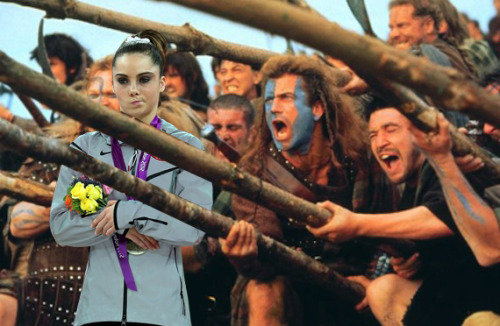I mentioned the other day that I’m reading Blue Highways by William Least Heat Moon, a book that was recommended to me 10 years ago in Cuszco, Peru and which has been nagging to be read on and off ever since. Next to it on my nightstand sits Into Thin Air by Jon Krakauer, a first-hand account of the Everest disaster of 1996. Meanwhile, on my way to and from work I have been enthralled by Melville’s Moby Dick, a book that nearly circumnavigates the globe before its finish.
My favorite book so far this year might just well be Kerouac’s On the Road, and my favorite author of all time, as any regular readers have probably deduced by now, is Ernest Hemingway- chronicler of European wars, African safaris and Cuban boatmen. If it wasn’t clear to me before, it’s becoming crystal clear now, that I am a hopeless sucker for the travel narrative:
“The travel narrative is the oldest in the world, the story the wanderer tells to the folk gathered around the fire after his or her return from a journey. “This is what I saw” — news from the wider world; the odd, the strange, the shocking, tales of beasts or of other people. “They’re just like us!” or “They’re not like us at all” The traveler’s tale is always in the nature of a report. And it is the origin of narrative fiction too, the traveler enlivening a dozing group with invented details, embroidering on experience.”
–Paul Theroux, The Tao of Travel.
Anyone else?











